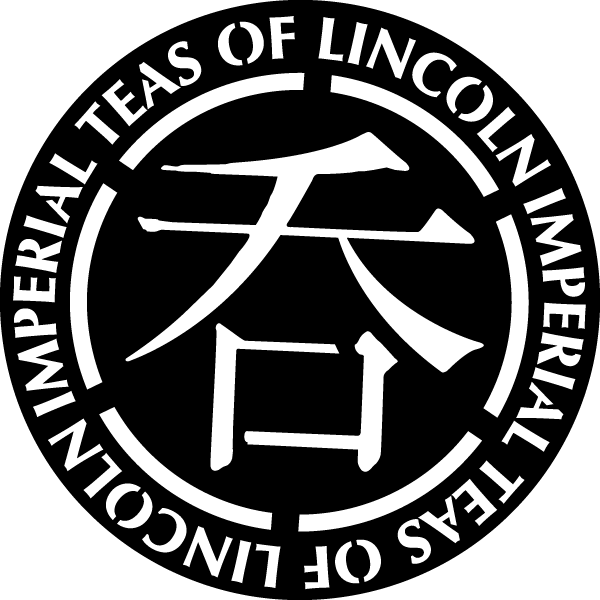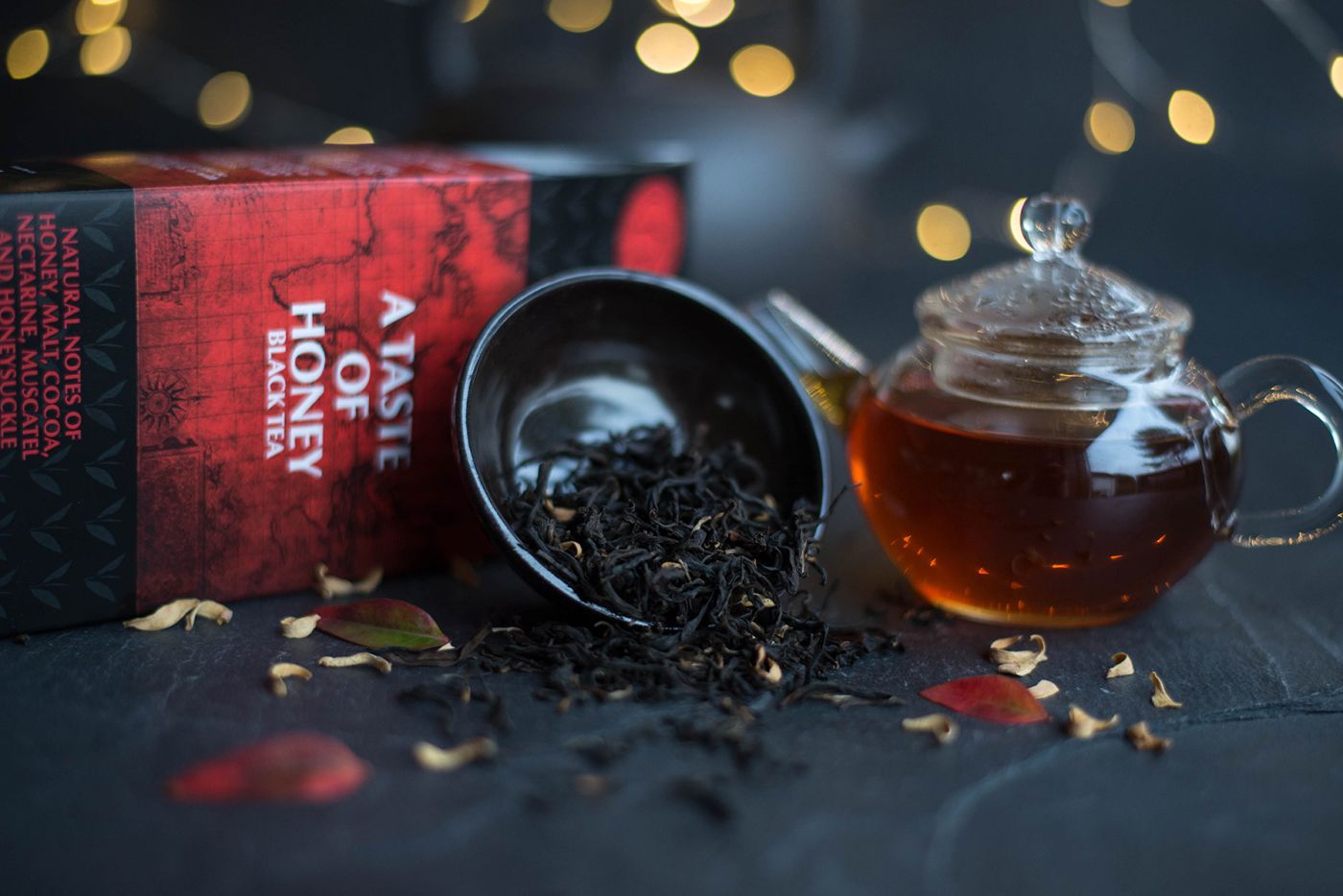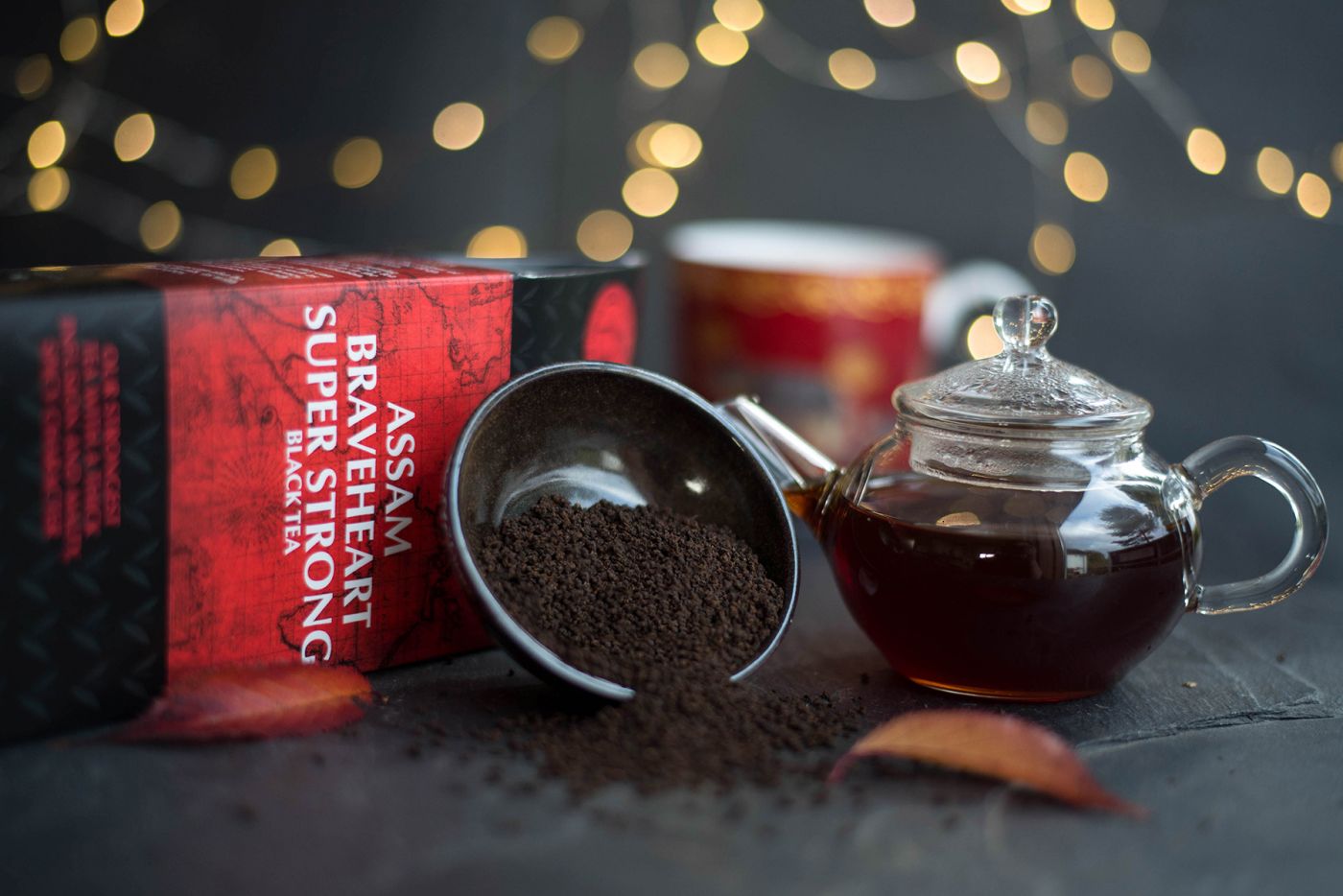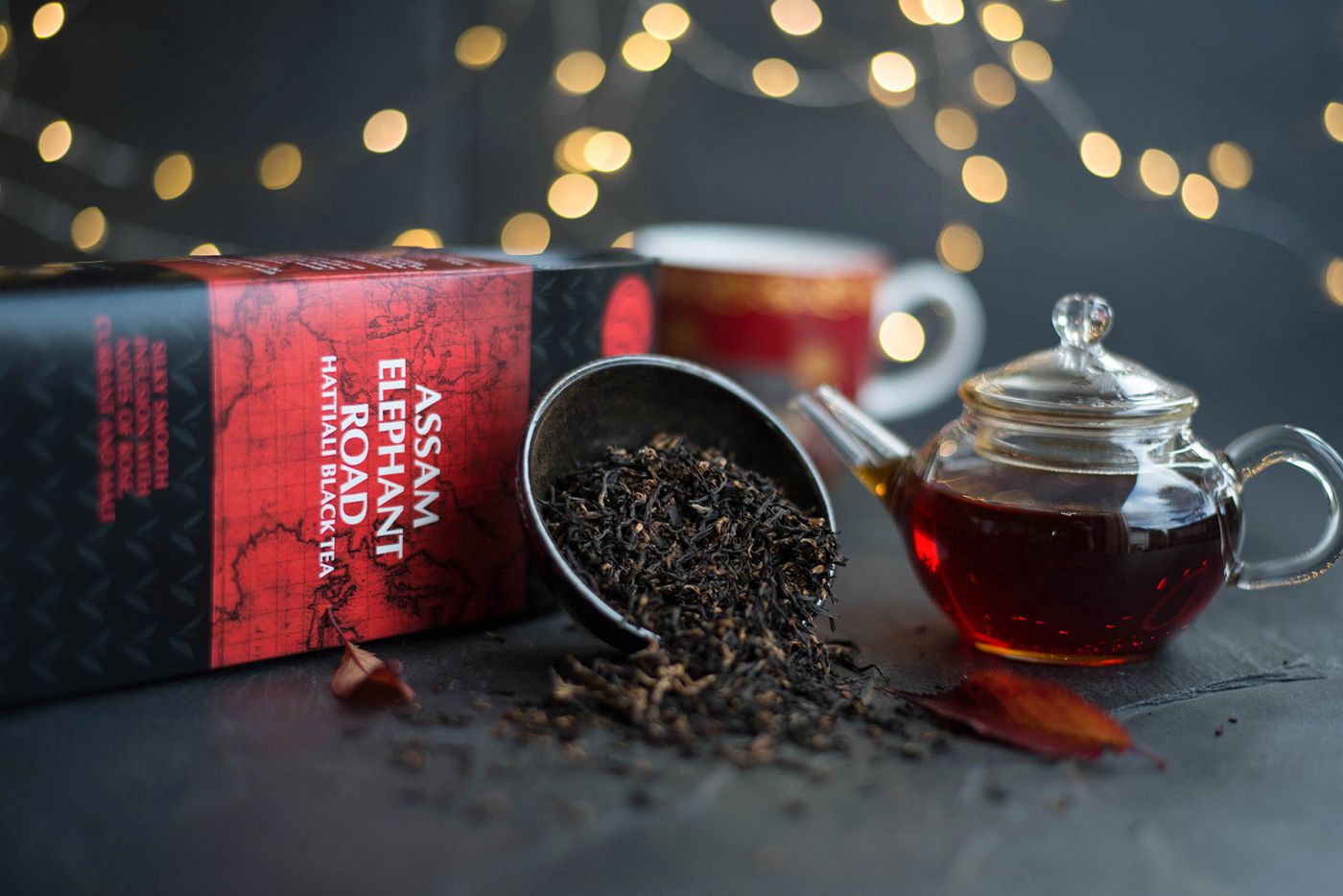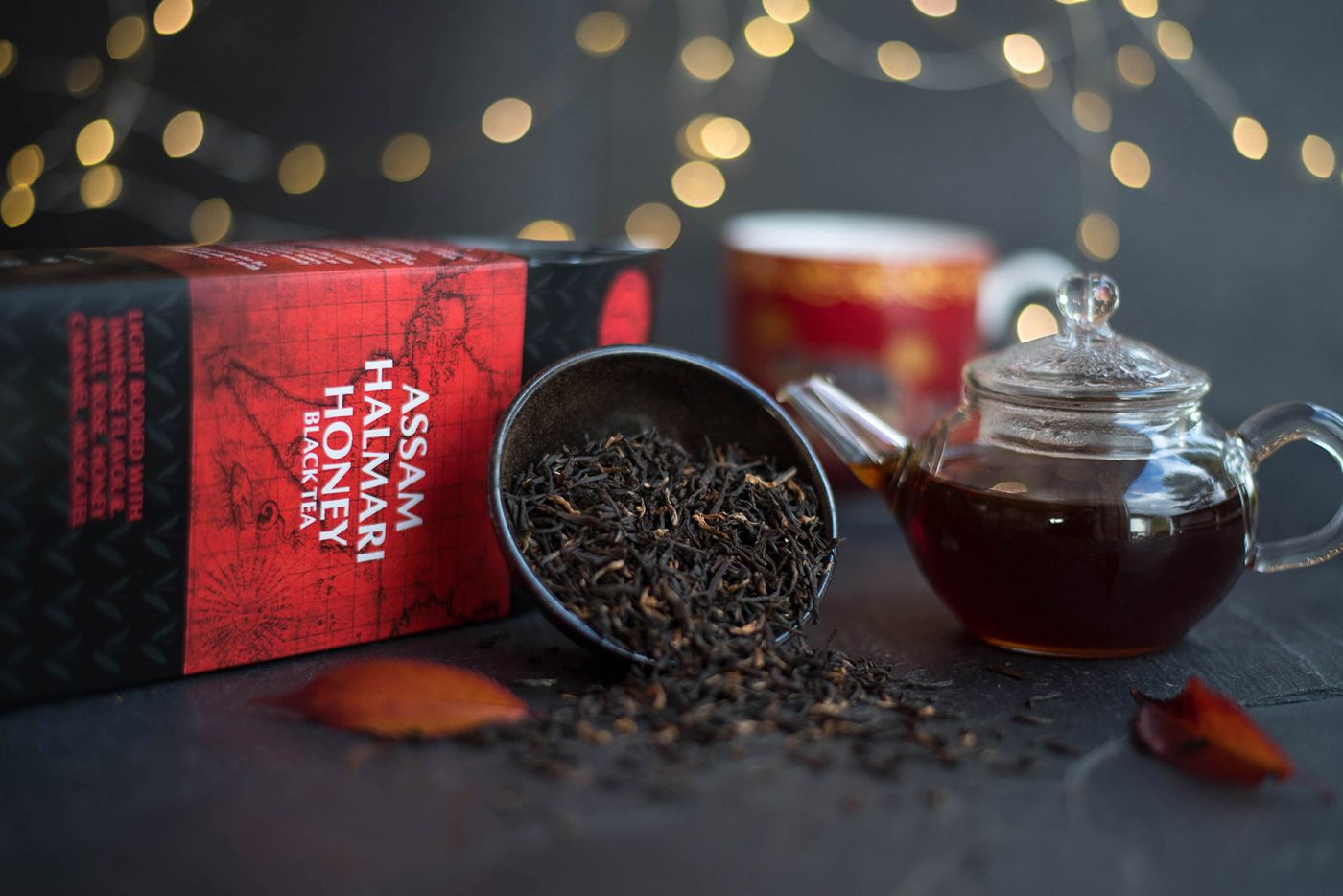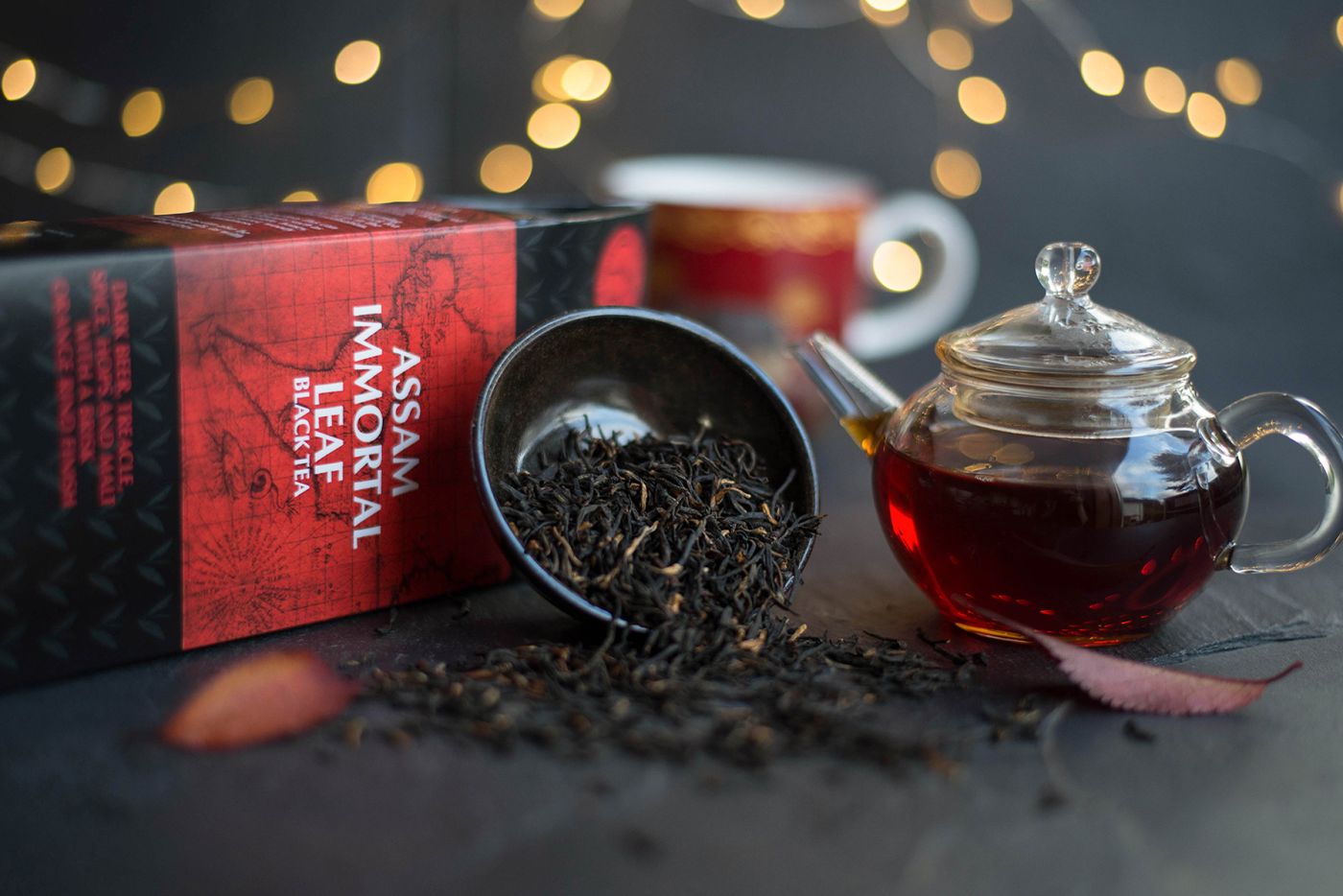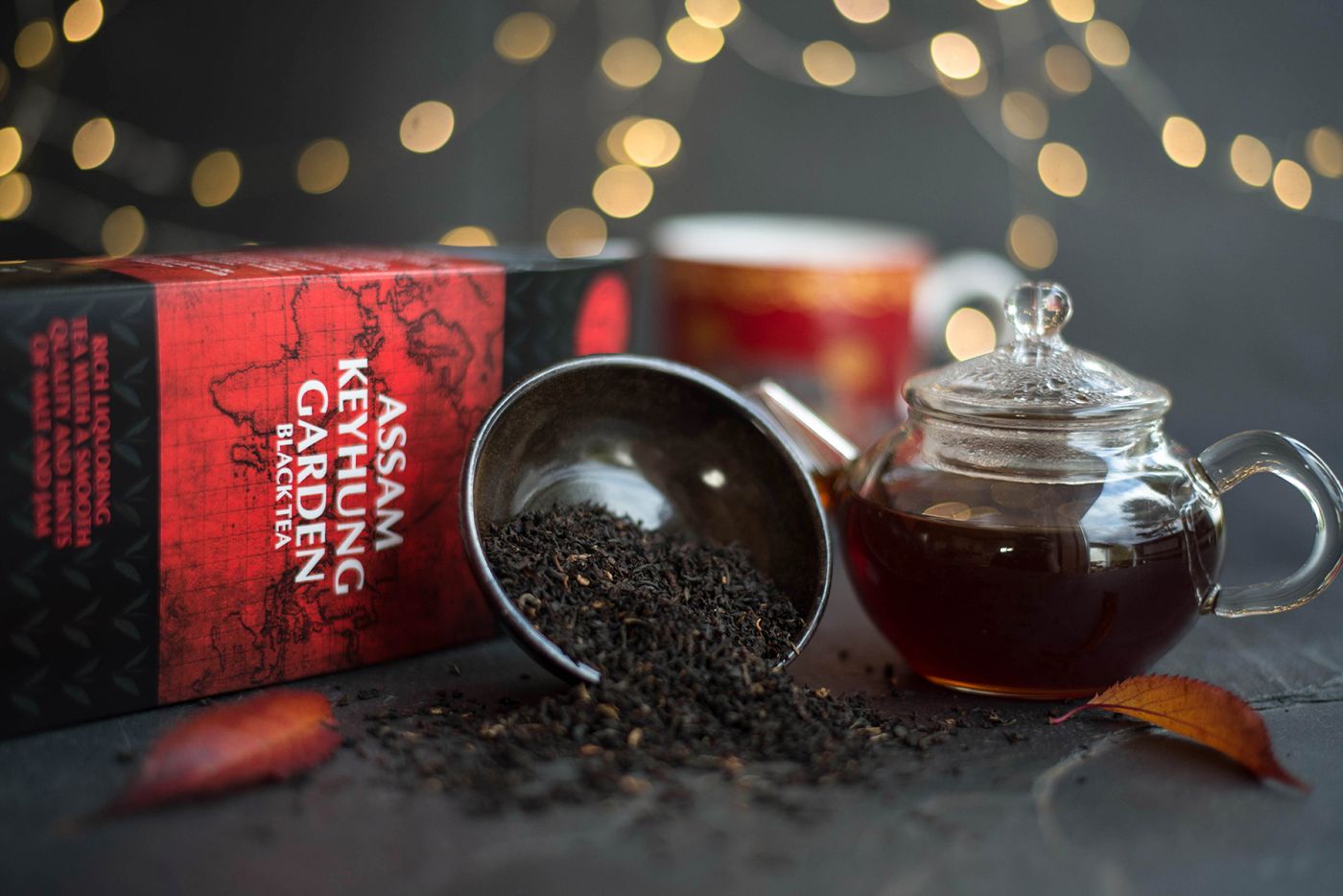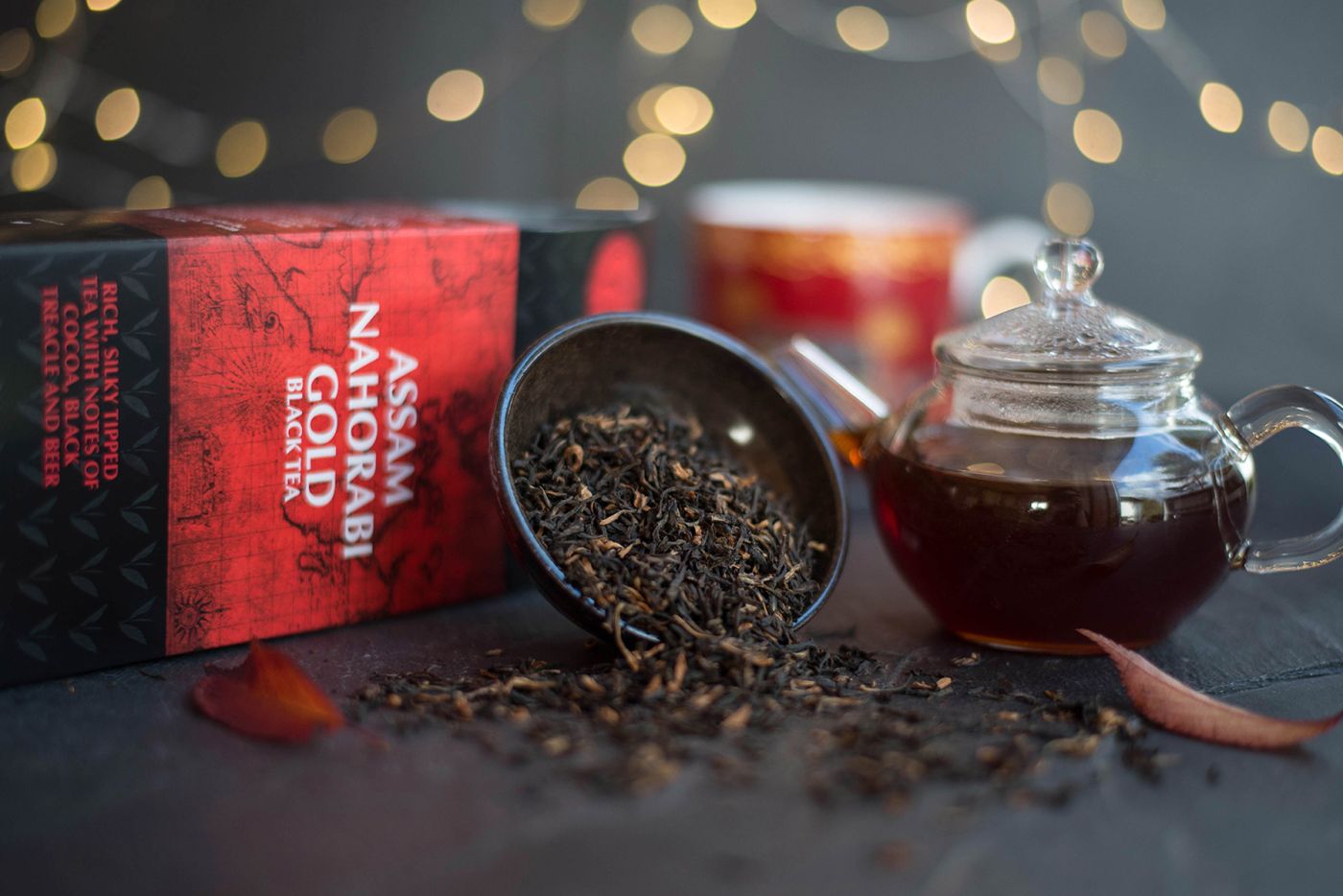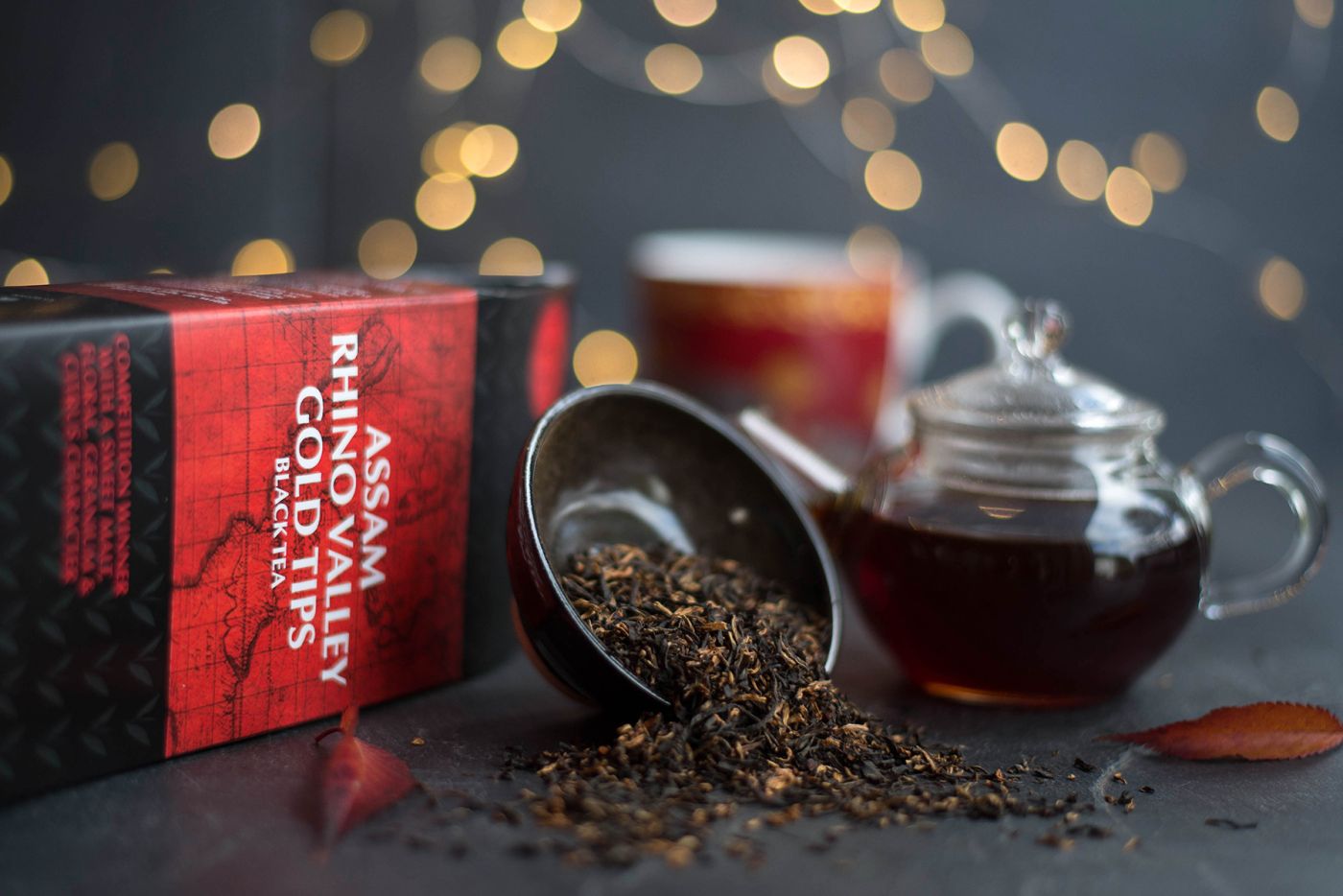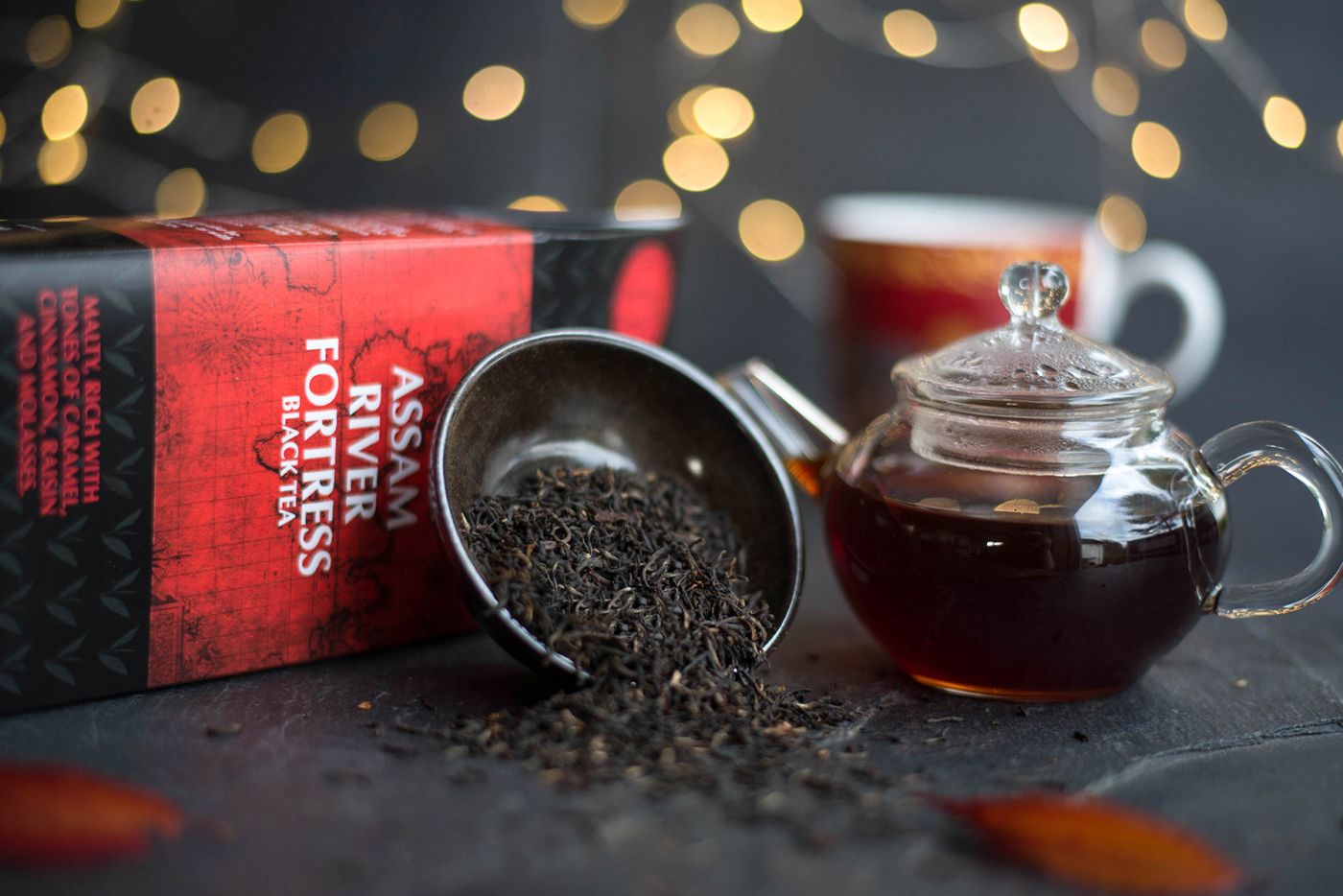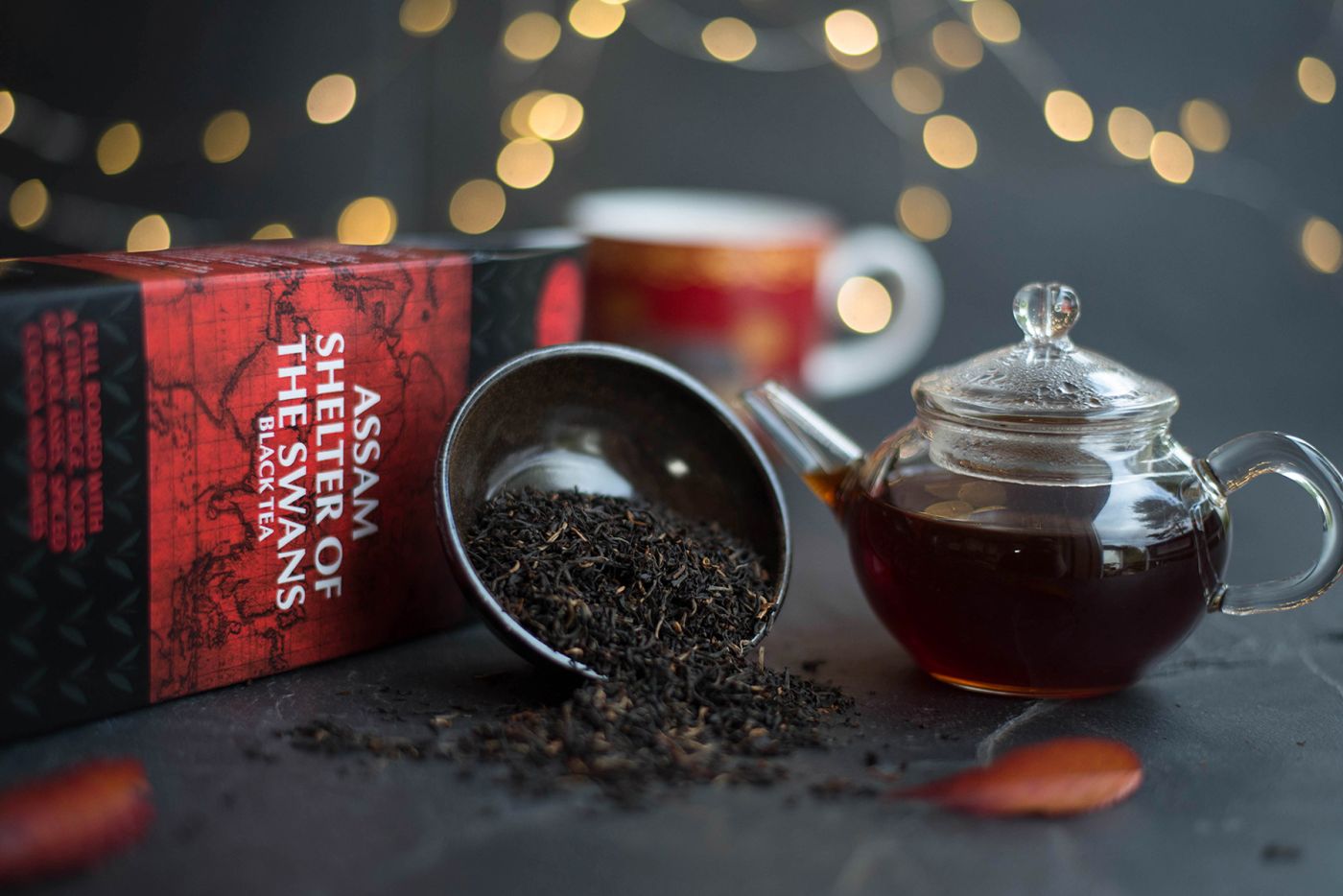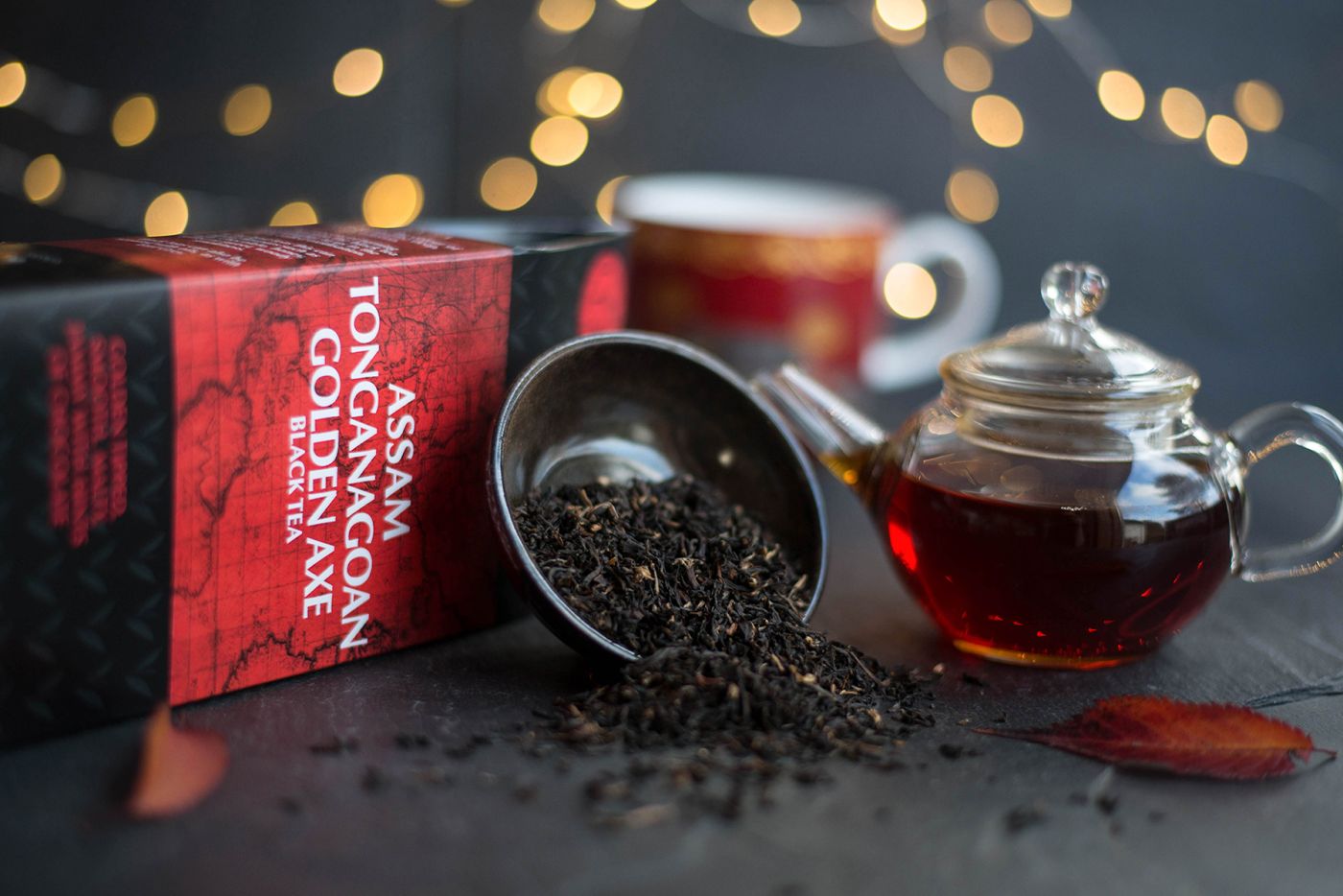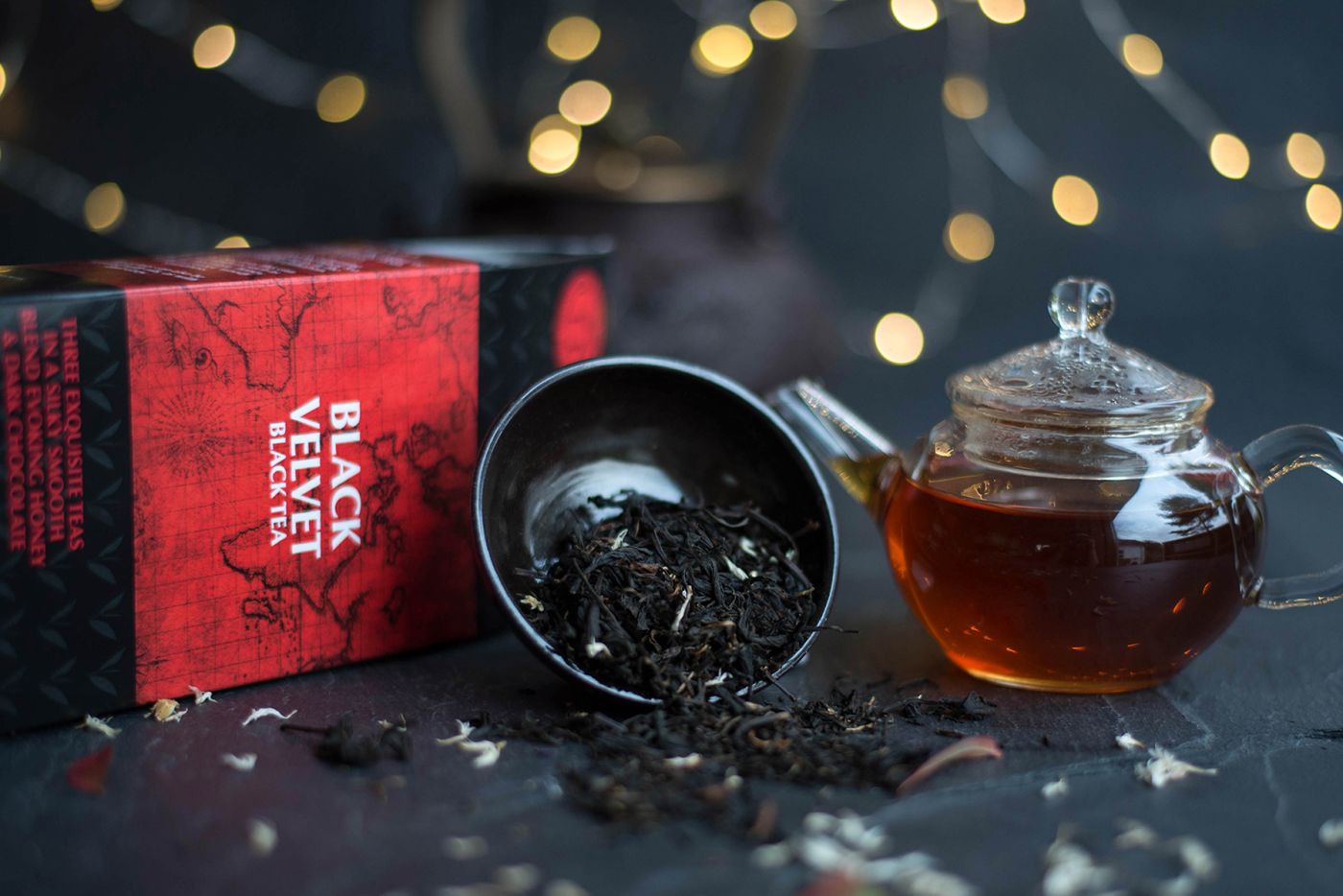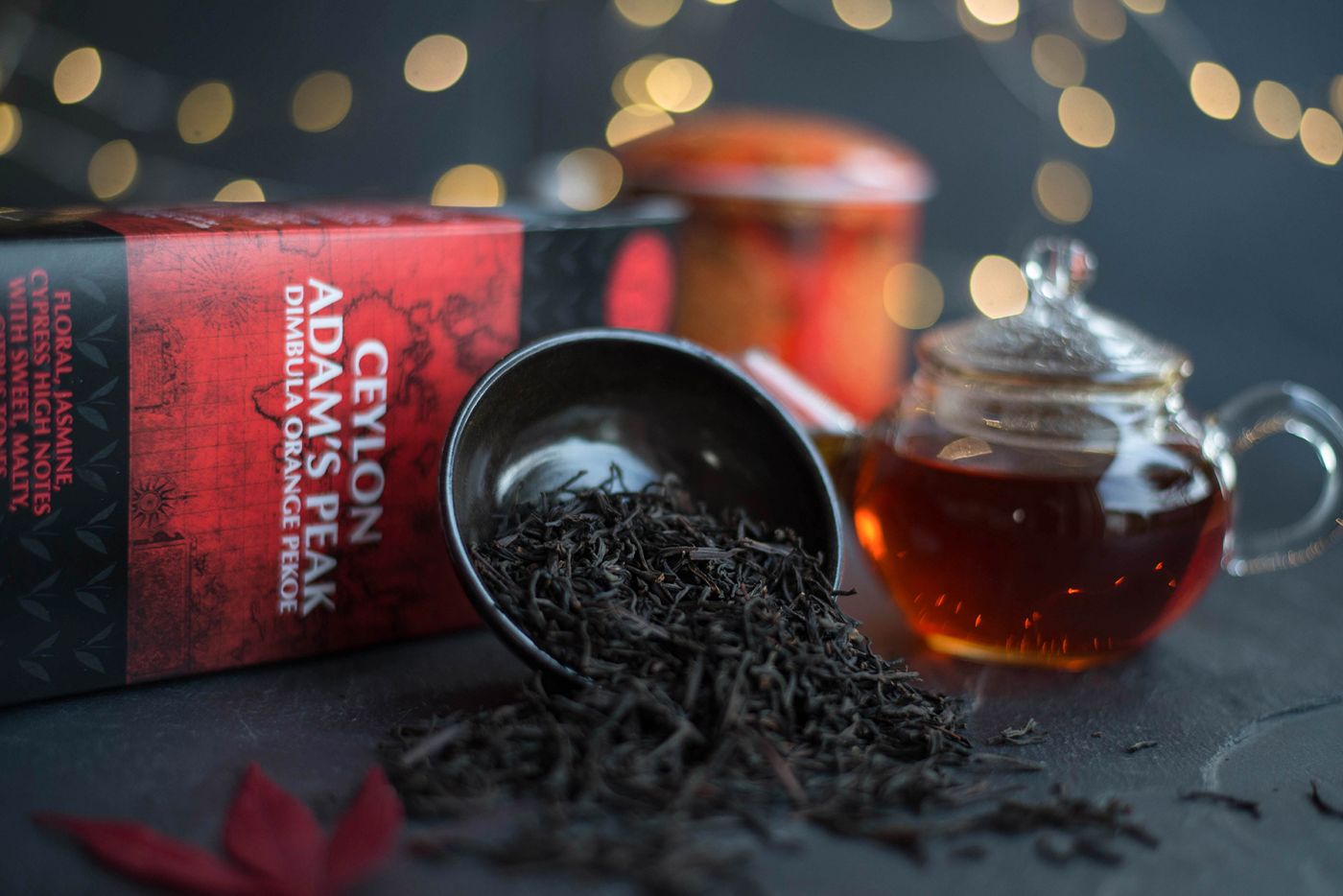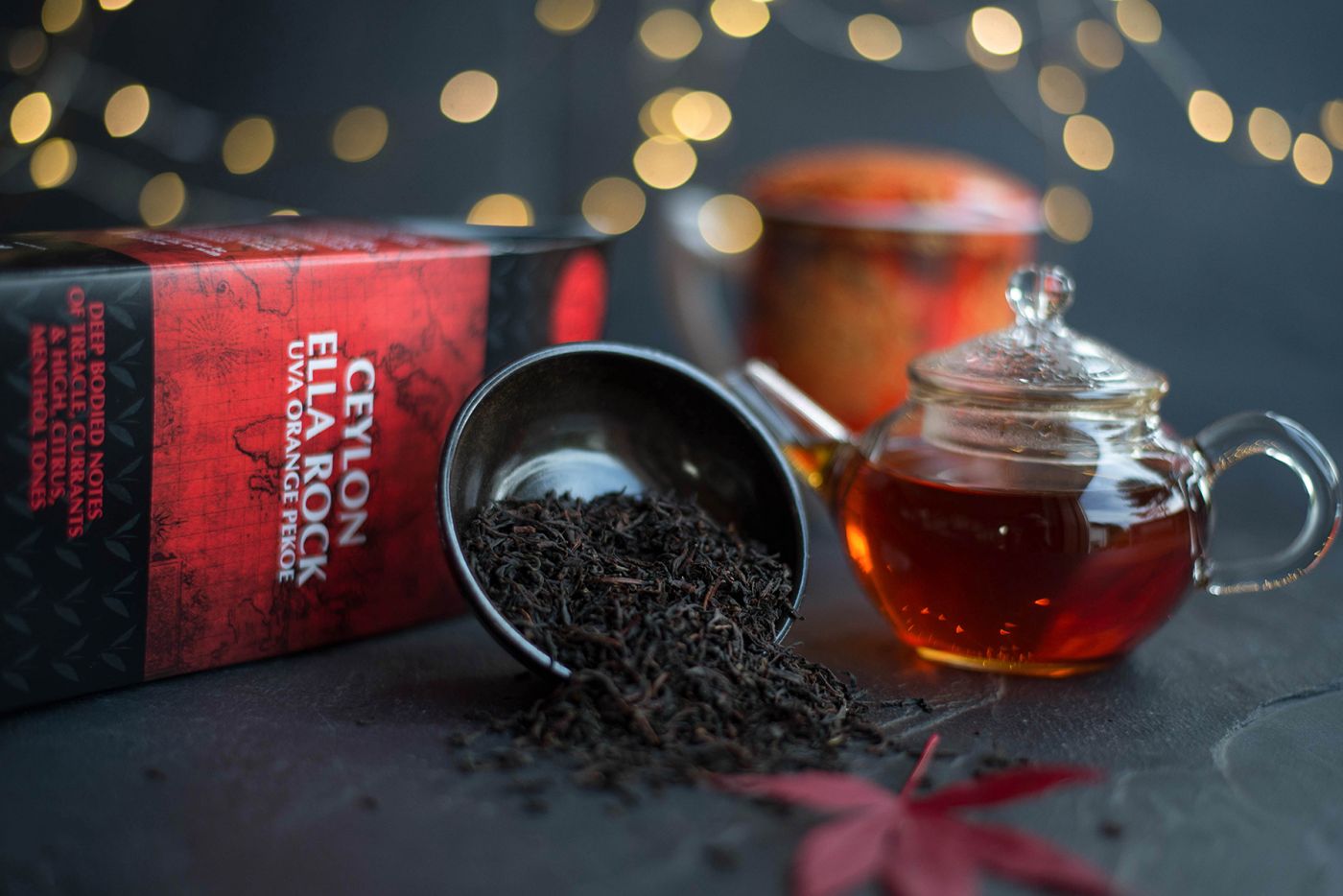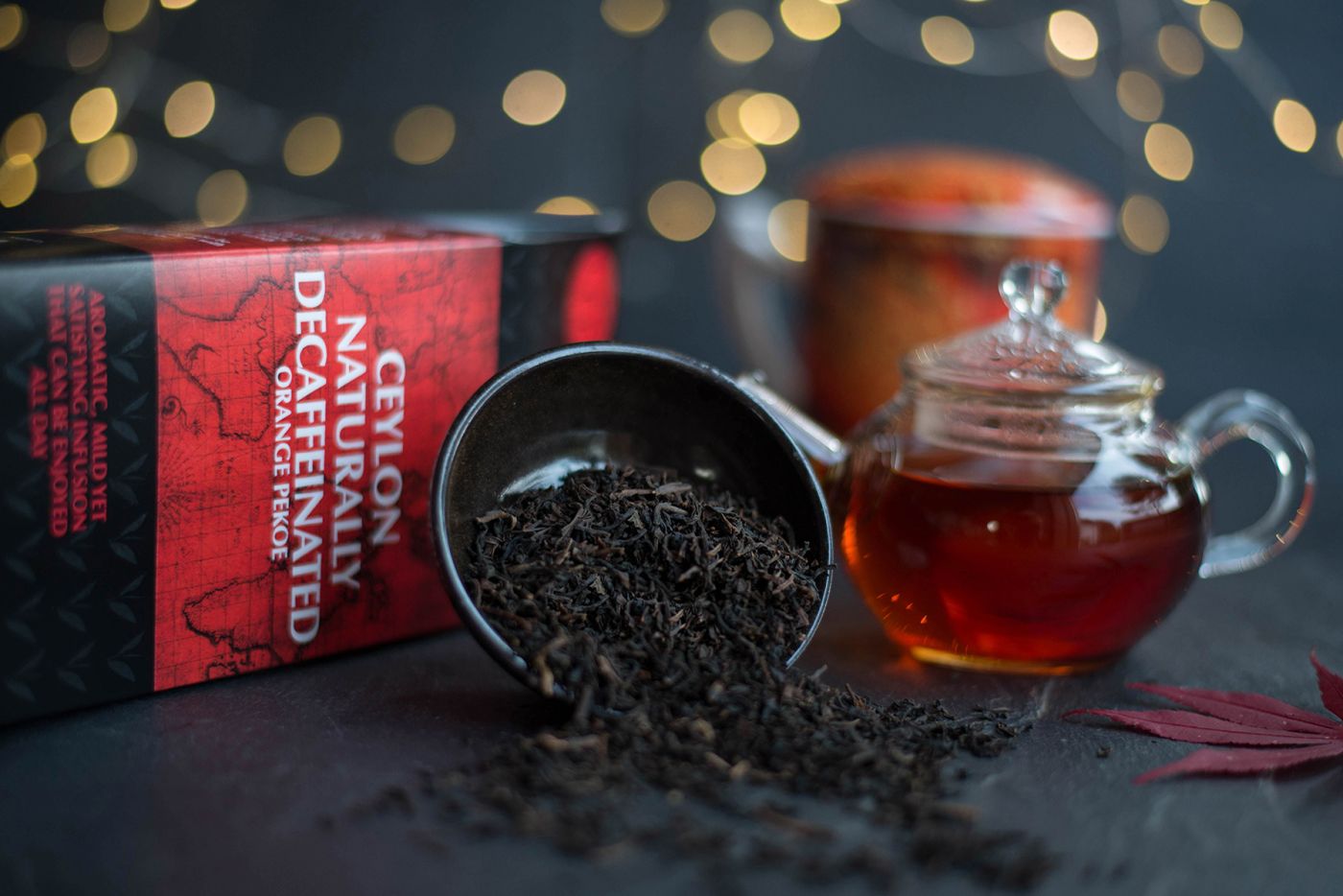
All tea starts out as a green leaf. So-called 'black' tea is named for the colour of the leaves and the deep, rich infusion. The process of turning green tea into the black tea most familiar to us in the west is called oxidisation. In the best teas, this can impart flavours such as malt, chocolate, honey, toffee or sweet, woody smokiness.
We offer the best types from the growing countries where the quality of production ensures unique characteristics in the cup.
-
As low as £22.00A special blend of three of the world's best black teas that have a unique flavour profile that give the infusion a natural taste of wild honey. Malt, spice, fruit, honeysuckle, peach, nectarine and chocolate notes are among the many that compete for recognition as the tea reveals its character seemingly in waves upon the tongue.
-
As low as £6.00This is our, and possibly the world's, strongest tea! Intense, hefty yet surprisingly smooth. It has a doughy note to its aroma with a heavy, malty, spicy taste. It brews very quickly and to a gloriously deep red colour.
-
As low as £17.00This batch has a delicate leaf appearance with beautiful golden tips and plenty of tiny, downy hairs. In the cup it is big, smooth, with fine notes of malt, red wine, rose and sweet currant. Hattiali is an estate with a century-old tradition of excellence. The name Hattiali is derived from the Assamese words "Hatti Alli", meaning literally the elephant is coming down the road, so called on account of a neighbouring elephant camp.
-
As low as £11.00This garden produces many of the best tasting teas in Assam and this exquisite batch is no exception. It has a creamy, delicious malty flavour with hints of dark chocolate, caramel, rose, dates and a sweet honey-like finish. Like the finest 2nd Flush teas from Darjeeling, there are notes of muscatel, citrus and cinnamon. It has a lighter, golden colour not found in many Assam teas and is, unusually for an Assam, very drinkable without milk. This tea was previously listed as Marangi.
-
As low as £10.00The Halmari garden produces many of the best tasting teas in Assam and this exquisite batch is no exception. It has a creamy, delicious malty flavour with hints of dark beer, spice and treacle with a hoppy, orange rind finish. This tea is picked at the peak of the summer season and carries the fine flavour the garden is noted for but at a reasonable price due to the slightly lower content of tips in the finished batch.
-
As low as £6.00This is strong, full-bodied tea with excellent maltiness and rich colour, perfect for an early morning pick-me-up. The aftertaste is nuanced with a refreshing citrus sensation due to the high proportion of tips.This tea was previously listed as Zaloni.
-
As low as £15.00Malty, unctuous character, luscious body, notes of cocoa, cinnamon, currants, black treacle, laurel, fresh peppercorn, stewed fruits and real ale mark this out as one of Assam's 'Supreme' teas.
-
As low as £9.00Decaffeinated using the safe method of CO2, which also leaves more of the flavour quality in the leaf. Made with a good quality Assam broken leaf it is carefully worked to ensure the preservation of the golden tips before being safely decaffeinated. This decaffeinated-tea makes a very authentic cup of tea with a smooth but sufficiently malty and robust quality with a hint of chocolate.
-
As low as £15.00This prizewinning tea is made with leaves grown on the famous P126 clonal variety of tea bush. Clonal teas, not to be confused with GMO, are the result of decades of selection of seedlings that exhibit unique characteristics. In the Halmari tea garden, this clonal character is enhanced by the particular terroir and production methods and brings out a sweet, floral green, geranium leaf-like, cinnamon-wood quality with a neroli orange nuance. We order this tea in advance to ensure a supply from the peak crop in June. It also has a typically Assam flavour, full of maltiness, molasses, dried fruit and a touch of real ale!
-
As low as £8.00When looking for great Assam tea we expect to find teas with great body and aroma. This is no exception, it yields a complex infusion supported by a malty, rich body, with hints of caramel, cinnamon, raisin, apricot, nougat, candied orange peel and molasses. Previously listed as Mokalbari.
-
As low as £13.00Grown in one of the top gardens in Assam which produces teas of outstanding quality. The area is known as the 'Shelter of the Swans'. It has an almost spicy aroma with a powerful, full-bodied liquor and a delicious taste with notes of malt, cedar, oak wood, a touch of molasses, sweet dates, vanilla, spiced cocoa with a brisk note of citrus to keep the infusion lively.
-
As low as £14.00The Tonganagoan estate is a small tea garden located near the Namdapha National Park, one of the most bio-diverse areas of India. It is one of the very few organic gardens in Assam who are able to produce high-quality tea due to it planting the famous clonal variety P126 tea bush. This tea type is used in all of Assam's top gardens. The many golden tipped leaves lend this tea a very smooth character that along with the malty, jammy fruit notes has a strong sweet-chocolate aroma with hints of spice. Previously listed as Attabarie.
-
As low as £19.00A velvety smooth blend of three exquisite teas. The deep red, lingering liquor of one of the components, carries a strong fragrance and flavour of exotic spice. Another has a strong red grape aroma in the dry leaves with a raisin-like flavour in the cup that also carries subtle notes of bergamot and mint. The third part delivers dark chocolate, rose, peach, and honey.
-
As low as £7.00With malty, citrus undertones and a sweet, floral, jasmine, cypress aroma, this tea typifies the famous character of Dimbula district teas. At the peak point of the year in February and March, the leaves are full of concentrated volatile oils, which allow tea makers to produce a distinctive, regional flavour profile. It has a fruity aftertaste with hints of blackcurrant leaf, which adds to the refreshing quality of its infusion. Previously listed as Ceylon Montecristo
-
As low as £6.00Our most popular Sri Lankan tea manages to capture all of the qualities of the Uva district tea growing area. It has the richness and colour of the mid-elevation teas, which carry notes of black treacle, currants and plum, and the fine high notes that evoke grapefruit zest, minty menthol tones and a green wood edge. Previously listed as Pettiagalla.
-
An anthracite coloured, long and wiry leaf which is mild and tender in taste with a copper coloured infusion and pleasant fragrance. The tea is safely decaffeinated using the CO2 technique.
